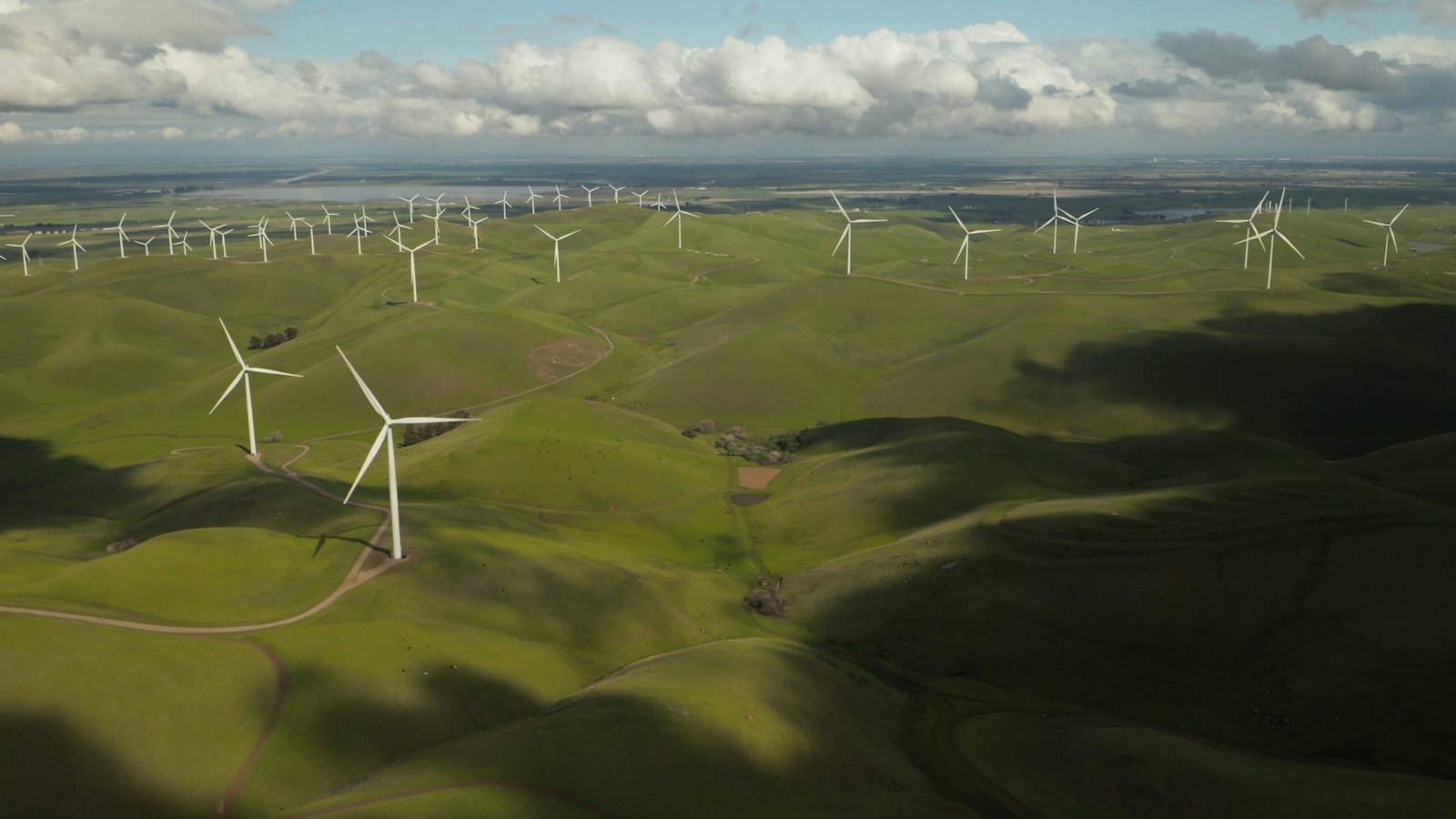As the world becomes more aware of the urgent need to address climate change and reduce our carbon footprint, the development of green technology has become increasingly important. Green tech refers to the use of technology to create sustainable solutions that have a minimal impact on the environment.
In recent years, there have been significant advancements in green tech that are revolutionizing various industries and helping to protect our planet. Let’s explore some of the latest technological triumphs that are making a positive environmental impact.
Solar Power
Solar power is one of the most well-known and widely used forms of green technology. It harnesses the energy from the sun and converts it into electricity, providing a clean and renewable source of power. Solar panels are becoming increasingly efficient and affordable, making them a popular choice for homeowners and businesses alike.
Advancements in solar technology have also led to the development of solar-powered devices such as solar water heaters, solar-powered lights, and even solar-powered cars. These innovations are reducing our dependence on fossil fuels and helping to combat climate change.
Wind Energy
Wind energy is another form of renewable energy that is gaining momentum. Wind turbines capture the power of the wind and convert it into electricity. They can be installed on land or offshore, and their ability to generate electricity without emitting greenhouse gases makes them a sustainable alternative to traditional power sources.
Recent advancements in wind turbine design and technology have made them more efficient and capable of producing larger amounts of electricity. In addition, the development of floating wind farms has opened up new possibilities for harnessing wind energy in deeper waters, further expanding its potential.
Electric Vehicles
The transportation sector is one of the largest contributors to greenhouse gas emissions. However, the rise of electric vehicles (EVs) is changing the game. EVs are powered by electricity rather than gasoline or diesel, which significantly reduces carbon emissions.
Advancements in battery technology have led to the development of EVs with longer ranges and faster charging times. Additionally, the expansion of charging infrastructure makes owning an EV more convenient and accessible. As more people adopt electric vehicles, the demand for fossil fuels will decrease, leading to a cleaner and more sustainable transportation system.
Smart Grids
Traditional power grids are inefficient and often rely on fossil fuel-based power sources. Smart grids, on the other hand, use advanced technology to optimize energy distribution and consumption. They enable two-way communication between power providers and consumers, allowing for better management of energy resources.
Smart grids can automatically adjust energy consumption based on demand, reducing waste and increasing efficiency. They also facilitate the integration of renewable energy sources, such as solar and wind, into the grid. By making our power systems smarter and more sustainable, smart grids are playing a crucial role in reducing our environmental impact.
Green Building Materials
The construction industry is notorious for its high carbon footprint. However, the development of green building materials is changing the way we build. These materials are designed to be environmentally friendly throughout their life cycle, from production to disposal.
Green building materials include recycled materials, such as reclaimed wood and recycled concrete, as well as sustainable alternatives to traditional materials, such as bamboo and hemp. These materials not only reduce carbon emissions but also enhance energy efficiency and improve indoor air quality.
Conclusion
The latest technological advances in green tech are offering promising solutions to address the environmental challenges we face. From solar power and wind energy to electric vehicles and smart grids, these innovations are revolutionizing various industries and helping to create a more sustainable future.
As individuals, businesses, and governments continue to prioritize sustainability, the demand for green technology will only grow. By embracing these technological triumphs and incorporating them into our daily lives, we can all contribute to a greener and more environmentally conscious world.



































